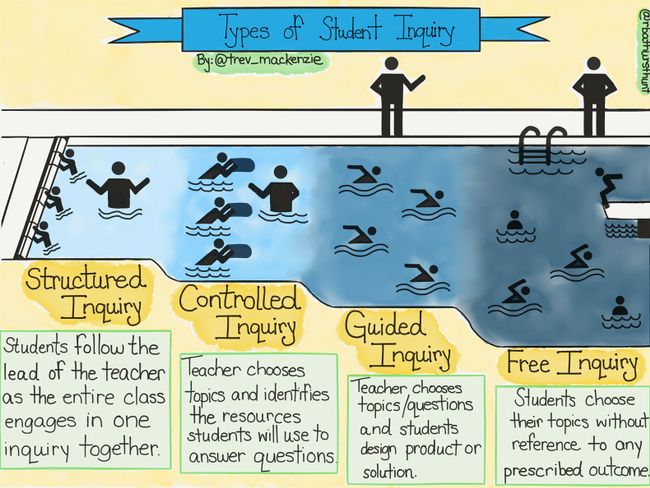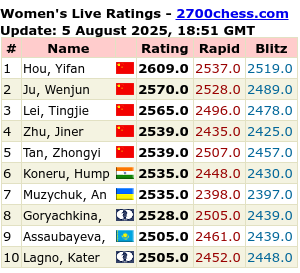Trevor MacKenzie joined us to discuss inquiry as a methodology of teaching. A teacher at Oak Bay high school, he has written numerous books on inquiry-based teaching and made numerous appearances on podcasts. Needless to say, his message has wide application and people want to know his thoughts. Here are some highlights of the talk:
Reflect on Your Own Educational Experiences
Trevor started off by asking us what school was like for us. Over a series of follow-up questions, he had us explore on our own what worked for us and what did not, whether we liked school or whether we hated it. The purpose of these questions was to remind us that each of us has reasons to learn, but that school has been traditionally a profoundly rigid and soul-killing machine of conformity. For us to be effective educators, therefore, he suggests we need to move towards personalization and student-centred pedagogies, which he calls inquiry-based teaching.
Levels of Inquiry
He also provided us with a spectrum of inquiry-based teaching that illustrates the levels of engagement teachers can have as educators in the work students produce:
- Structured inquiry
- Controlled inquiry
- Guided inquiry
- Free inquiry

The idea is that there is a spectrum of control over students’ learning, and thinking about our lessons in this way allows us to consider the ways we support student inquiry. None of these forms of inquiry is inherently better than the others, but the spectrum shows the dramatic range of possibilities for education.
Students as Active Learners
Key to his philosophy is that students should be active participants and agents in their own learning processes. By reflecting on inquiry, teachers can optimize possibilities for co-designing the learning with students, giving them agency and ownership over the process. Once students have and feel ownership over their own learning, their motivation shifts and they can develop resilience as they overcome obstacles and pursue lessons with conviction.
Some Strategies
At the end, Trevor answered questions with a lot of insight. One way to get students not to obsess over grades is to conference with them about the process. By doing so, students can feel heard and involved, and many will be shocked when teachers allow them to influence their own grades. Doing so also removes some of the problems of subjectivity and bias that plague marking; by speaking with students and allowing them to advocate for themselves and their work, teachers can learn to see what students were contributing more accurately. In other words, inquiry-based learning requires constant dialogue and conversation to be effective.


Leave a Reply
You must be logged in to post a comment.